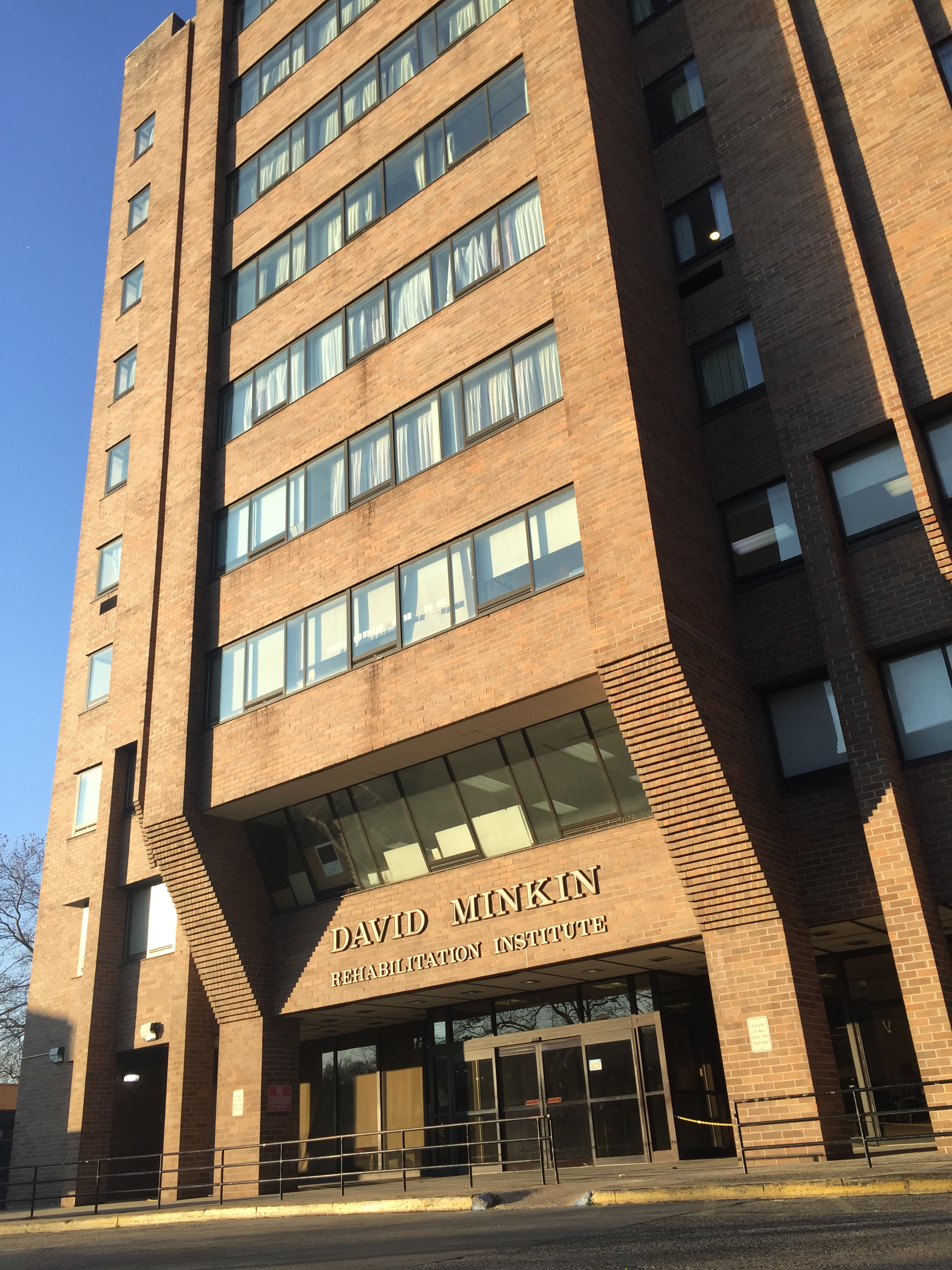The Number One Question You Must Ask For Rehab In Thailand
페이지 정보
작성자 Bell 작성일24-01-18 12:45 조회5회 댓글0건관련링크
본문
Introduction:
Marijuana, also referred to as cannabis or grass, is one of the most trusted illicit drugs globally. With an escalating push for legalization in lot of countries, it is very important to understand the potential risks of marijuana addiction. This report aims to offer an extensive overview of cannabis addiction, showcasing its impacts on people and society.
Marijuana Addiction: Definition and Prevalence:
Marijuana addiction, often referred to as cannabis utilize disorder (CUD), is a condition described as an individual's compulsive cannabis usage despite experiencing negative consequences. Based on the World Drug Report 2021 published by the un workplace on Drugs and Crime, an estimated 5.7 million people globally suffer with marijuana conditions. This staggering figure emphasizes the necessity to address this growing problem.
 Emotional and rehab thailand (Autofaq.Ruandrew.Meyer@Winkler-Sandrini.it) Physical Issues:
Emotional and rehab thailand (Autofaq.Ruandrew.Meyer@Winkler-Sandrini.it) Physical Issues:
The psychoactive mixture in marijuana, delta-9-tetrahydrocannabinol (THC), affects the brain's reward system, leading to addictive habits. Constant marijuana use causes different psychological effects including impaired memory, reduced concentration, and changed view. Additionally, actual results feature respiratory issues, increased heartrate, and possible lung damage from smoking.
Dependency and Withdrawal Symptoms:
Regular marijuana use can cause dependency, with individuals experiencing withdrawal signs upon cessation. These symptoms can sometimes include irritability, anxiety, sleeplessness, reduced desire for food, and intense cravings for marijuana. The severity and duration of withdrawal signs can differ depending on the amount of addiction and specific facets.
Affect Psychological State:
Marijuana addiction is normally associated with mental health problems. Research indicates an elevated danger of building emotional conditions such as for example despair, anxiety, and psychosis among heavy marijuana people. Furthermore, individuals with pre-existing psychological state circumstances may experience worsened signs due to prolonged cannabis usage, exacerbating their total well-being.
Personal Ramifications:
Marijuana addiction not only impacts individuals but features wider social implications aswell. Prolonged cannabis use may cause impaired cognitive functioning, affecting academic and work-related performance. Additionally, addiction can strain relationships with friends, household, and peers, resulting in personal separation. It would likely may also increase the probability of participating in high-risk actions and criminal tasks, more impacting societal well-being.
Treatment and Intervention:
Treating marijuana addiction typically involves a mixture of behavioral treatments, counseling, and support groups. Cognitive-behavioral therapy (CBT) is usually useful to help people recognize causes, develop dealing methods, and change addictive behaviors. Furthermore, inspirational interviewing and community-based programs can offer important support through the healing up process.
Conclusion:
Marijuana addiction is a concerning issue that needs attention from health care providers, policymakers, and society as a whole. It is crucial to recognize the potential risks associated with cannabis usage, particularly the development of addiction. Marketing general public understanding, early input, and access to efficient treatment options are necessary tips in mitigating the bad consequences of marijuana addiction. Only by dealing with this issue comprehensively can we work towards a healthy plus well-informed community.
Marijuana, also referred to as cannabis or grass, is one of the most trusted illicit drugs globally. With an escalating push for legalization in lot of countries, it is very important to understand the potential risks of marijuana addiction. This report aims to offer an extensive overview of cannabis addiction, showcasing its impacts on people and society.
Marijuana Addiction: Definition and Prevalence:
Marijuana addiction, often referred to as cannabis utilize disorder (CUD), is a condition described as an individual's compulsive cannabis usage despite experiencing negative consequences. Based on the World Drug Report 2021 published by the un workplace on Drugs and Crime, an estimated 5.7 million people globally suffer with marijuana conditions. This staggering figure emphasizes the necessity to address this growing problem.
The psychoactive mixture in marijuana, delta-9-tetrahydrocannabinol (THC), affects the brain's reward system, leading to addictive habits. Constant marijuana use causes different psychological effects including impaired memory, reduced concentration, and changed view. Additionally, actual results feature respiratory issues, increased heartrate, and possible lung damage from smoking.
Dependency and Withdrawal Symptoms:
Regular marijuana use can cause dependency, with individuals experiencing withdrawal signs upon cessation. These symptoms can sometimes include irritability, anxiety, sleeplessness, reduced desire for food, and intense cravings for marijuana. The severity and duration of withdrawal signs can differ depending on the amount of addiction and specific facets.
Affect Psychological State:
Marijuana addiction is normally associated with mental health problems. Research indicates an elevated danger of building emotional conditions such as for example despair, anxiety, and psychosis among heavy marijuana people. Furthermore, individuals with pre-existing psychological state circumstances may experience worsened signs due to prolonged cannabis usage, exacerbating their total well-being.
Personal Ramifications:
Marijuana addiction not only impacts individuals but features wider social implications aswell. Prolonged cannabis use may cause impaired cognitive functioning, affecting academic and work-related performance. Additionally, addiction can strain relationships with friends, household, and peers, resulting in personal separation. It would likely may also increase the probability of participating in high-risk actions and criminal tasks, more impacting societal well-being.
Treatment and Intervention:
Treating marijuana addiction typically involves a mixture of behavioral treatments, counseling, and support groups. Cognitive-behavioral therapy (CBT) is usually useful to help people recognize causes, develop dealing methods, and change addictive behaviors. Furthermore, inspirational interviewing and community-based programs can offer important support through the healing up process.
Conclusion:
Marijuana addiction is a concerning issue that needs attention from health care providers, policymakers, and society as a whole. It is crucial to recognize the potential risks associated with cannabis usage, particularly the development of addiction. Marketing general public understanding, early input, and access to efficient treatment options are necessary tips in mitigating the bad consequences of marijuana addiction. Only by dealing with this issue comprehensively can we work towards a healthy plus well-informed community.
댓글목록
등록된 댓글이 없습니다.




